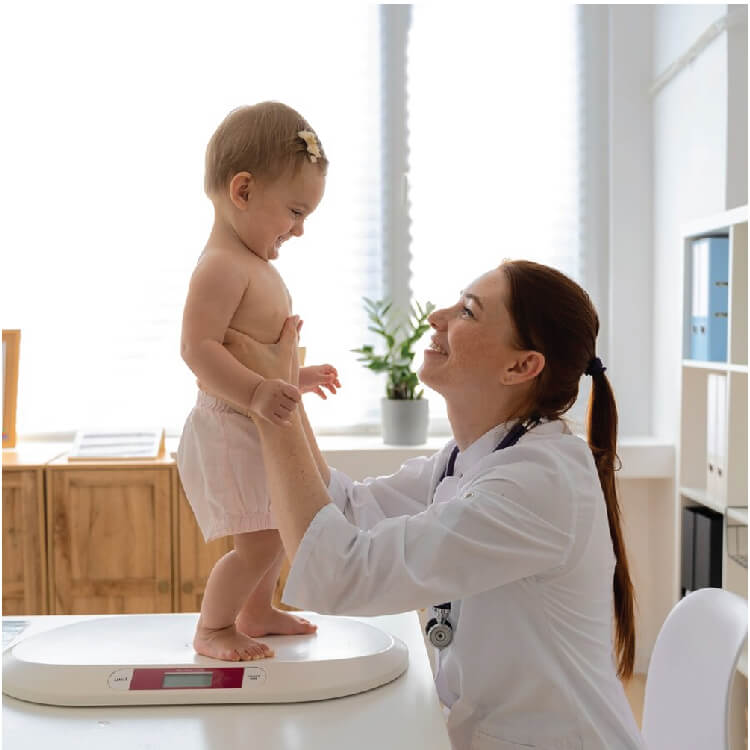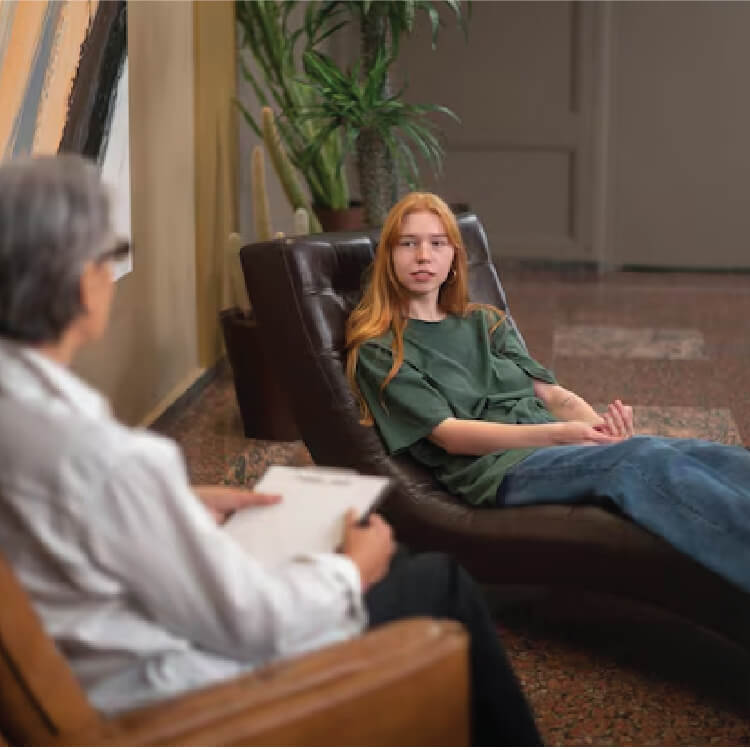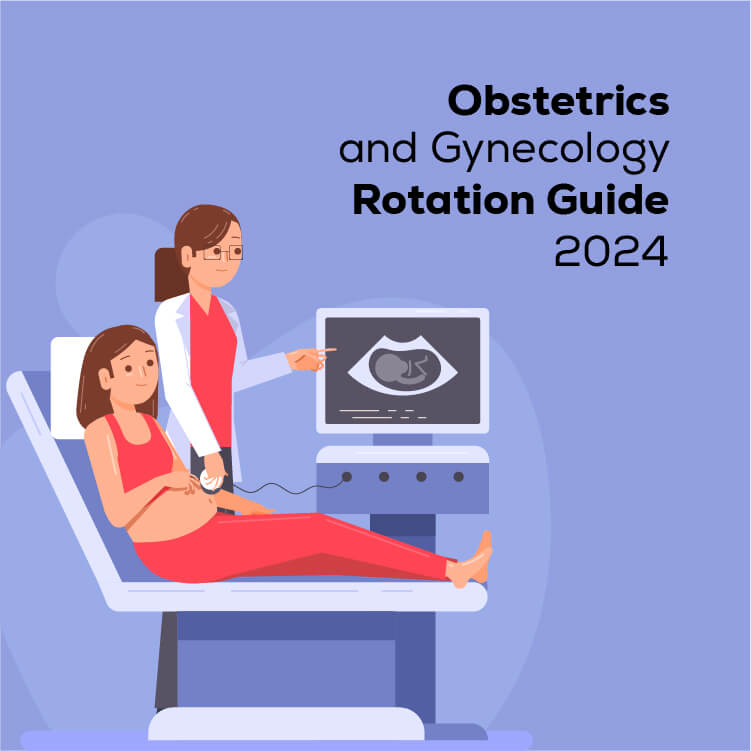
When pursuing a career in medicine, whether you’re planning to practice in your hometown or as an international medical graduate or IMG, clinical experience and letters of recommendation go hand in hand. One can say that for future doctors, the quality of LORs obtained in the third and fourth year of medical school are undeniably their bread and butter; vis-à-vis their medical career depends on it. One of the most important questions asked by medical students is: “Could you please write me a letter of recommendation for residency training?”.
But why are letters of recommendation so important? What makes for a strong LOR and how can you ensure quality LORs to help you stand out in your applications? That’s what we’re here to explore, so let’s start from the basics:
Understanding LORs And Their Importance
LORs or letters of recommendations are written testimonials of an applicant’s character, experience, skills, and overall evaluation from the perspective of an external body, usually the physician under whom they have worked or the institution where they have served. LORs, usually written on university or hospital letterheads, serve as an objective evaluation of the applicant’s suitability and readiness for a career in medicine and hence, not to be taken lightly!
In 2021, Residency Directors ranked LORs as the third most important category when considering applicants. Especially for international medical graduates looking to gain experience in the US, strong LORs can help you stand out in the application process. When applying for residency in the US, admissions committees look for at least 3 LORs and the ones that carry the most weight are from practicing US physicians. So the need to gain quality US clinical experience and obtain a strong LOR go hand in hand.
Types Of LORs:
Before we jump into how you can obtain the strongest LORs in your medical career, let’s first understand the types.
- Hospital Letterhead:
A hospital letterhead LOR, as is mentioned in the name, contains the basic credentials of the hospital where you’ve completed your clinical rotation. These LORs are given by preceptors with a hospital affiliation, however, they can extend to affiliated preceptors practicing outside the hospital setting as well. One thing to keep in mind for IMGs looking to submit their LORs is that US hospitals differ in the way they operate from other countries so securing a US hospital letterhead LOR helps admission committees gauge relevant experience.
- University Letterhead:
A university letterhead LOR focuses more on the academic affiliation rather than the hospital. However, most universities are affiliated with hospitals as well, by choosing a university letterhead LOR, you can ensure your preceptor’s academic affiliation, letting the reviewers get acquainted with your preceptor’s research. For IMGs in particular, these LORs come in handy as they show their experience working in the US academic setting.
- Telerotation LORs:
In recent times, LORs obtained through virtual clinical experience or telerotations have also been added to the mix and are accepted when applying for the Match. Especially during these uncertain times, securing LORs for away rotations can come in handy as they showcase the applicant’s ability to keep up with the evolving technology.
What Makes A Strong LOR?
Letters of recommendation are a direct reflection of your skill, knowledge, participation, and growth during your clinical rotation, they are based solely on merit. So however much effort you put into your rotation will determine the contents of your LOR.
To ensure a strong LOR that can help your application stand out, our team of physicians has put together a list of things to consider! Let’s dive in:
- Know Who To Ask:
First things first, you need to select the right letter writer for your LOR, and for that, you need to know who to ask and when to ask them. It’s crucial for the letter writer to not only know you well, but should also have intimate knowledge of how you work in a clinical setting, as well as your strengths and weaknesses. For this, your best bet is the physician under whom you have completed your rotation as they are the ones most aware of your progress, which makes it imperative for you to connect with them and keep them engaged. By giving your letter writer a clear view of your expectations and plenty of time, you can ensure a kick-ass LOR.
- Choose Your Rotation Wisely:
One thing medicine does is it trains us to make the hard decisions from the beginning! One such decision would be deciding which specialty to pursue and gaining clinical experience in that specialty. By keeping your experience as relevant to your specialty as possible, and ensuring relevant LORs as a result, applicants can highlight their serious commitment to the chosen field.
If applicants find themselves unsure of the specialty to pursue, it’s best to keep the LORs general, bringing more focus to your overall experience and learning as opposed to which specialty you’re interested in.
- Know What To Focus On:
While many believe that the most important part of your LOR is the letterhead itself, you’d be surprised to know that the letterhead is a distant second to the actual content. How much did you learn, how engaged were you during the rotation, what kind of impression did you create, are you cut out for a career in medicine, these are the important aspects that admissions committees will focus on when going through LORs. So don’t lose perspective, keep your focus on the actual content.
- Put Your Best Stethoscope Forward:
Each clinical rotation you complete serves as your reflection to your attending physician, in these weeks, you get to showcase who you are as a doctor, as a student, and as a human being. Your passion for learning, dedication to improving and enthusiasm towards tackling problems is what will set you apart in the eyes of your physician. No better time to put your best foot forward and make an unforgettable impression that can be reflected on your LOR.
- Waive The Right To View The Letter:
We know this one’s going to be hard but yes, waiving your rights to view your letter of recommendation helps! This choice creates further authenticity towards the content you’ve put forward and creates a better impression on the reviewers. Once the LORs are done and dusted, we say move on and only look back for the responses!
Keeping these tips in mind, we can ensure that you’ll be able to thrive when it comes to securing LORs for your residency applications. Start now by booking your next clinical rotation in the US and get authentic, credited LORs from our vast network of physicians!
Have more questions? Our team is here for all your queries! Reach out to us at info@usdoctors.co or visit us at (link)
FAQs for IMGs and Medical Graduates:
- How many Letters of Recommendation do I need?
You may assign a minimum of 3 and a maximum of 4 LoRs (ERAS limit) per program. Most programs want to see the minimum amount of LoRs. You may submit any number of LoRs to your MyERAS account.
- Can I use a specialty specific LoR to apply to another specialty?
No! If an LoR is written for one specialty, it is a very bad idea to use it for another specialty. Program Directors like to see passion and dedication for the specialty their program is in, applying with a document for another specialty can be seen as lazy, or even insulting. For example, you would not want to use an Internal Medicine letter to apply to a General Surgery program.
- I am an IMG. Can I use LoRs from my home country?
Technically, yes. Many International Medical Graduates (IMGs) end up needing to use LoRs from their home country. However, LoRs from outside the US hold less weight than LoRs from USCE.
- Can I use someone from another specialty to write about a different specialty?
Absolutely! For example, you can ask an Internist to write you a Letter of Recommendation for Psychiatry. Just make sure you tell them about your specialty preference before they write the letter.



